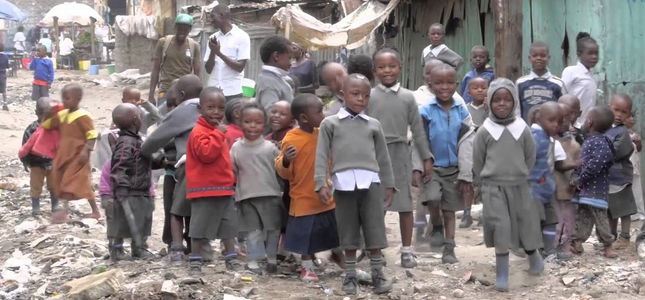The November jobs report is bad says economist Michael Madowitz–especially for Black America.
Center for American Progress Economist Michael Madowitz released the following statement today on the November 2020 employment situation figures from the U.S. Bureau of Labor Statistics:
“The U.S. Bureau of Labor Statistics reported today that employers added 245,000 jobs. The official unemployment rate fell to 6.7 percent only because 400,000 people left the labor force entirely and are no longer factored in; had these mostly long-term unemployed people been included in today’s data, the unemployment rate would be much higher. The number of long-term unemployed rate has risen to nearly 4 million—three times where it stood at the beginning of the year.
In short, today’s job report shows that millions of Americans are suffering.
Today’s disappointing data come with huge asterisks, however, because they were collected during the second week of November, when COVID-19 cases were lower and before many people and local governments began curtailing activity to slow the virus’s spread. The labor market is likely already in the midst of an even more severe slowdown that is not fully reflected in today’s report.
Even if the U.S. were to add 1.4 million more jobs—a task that seems nearly impossible without more stimulus given today’s dismal report—we would still only have just reached the worst point of the Great Recession.
The economy is also not recovering for all equally—Black Americans, who are typically the first fired and last hired in an economic downturn, face an unemployment rate of 10.3 percent.
Without action from Congress, our current economic crisis will reach a magnitude unknown in America since at least the Great Depression. Many of the provisions of the CARES Act and other relief bills passed last spring are set to expire at the end of December, including unemployment insurance, eviction protections, and paid leave. These programs have not only kept individual households afloat, and people at home and healthy, but also prevented a larger economic catastrophe.
Congress cannot wait until 2021 to revive and extend those lines of support.
A true economic recovery can only take place once a vaccine is widely distributed, but this also depends on Congress providing significant funding for distribution—which they have not yet done. The time to act was months ago. But hundreds of thousands of lives can still be saved, and untold, long-lasting economic harm can be averted, if Congress passes extensions to last spring’s relief bills and adequately funds vaccine distribution before the end of the year.
House Speaker Nancy Pelosi has not only twice passed significant relief bills but has repeatedly engaged in serious talks to find a compromise package. On Wednesday, she and Senate Minority Leader Chuck Schumer announced their willingness to once again negotiate a compromise using a bipartisan framework introduced in the Senate earlier this week.
Senate Leader Mitch McConnell has made no such similar statements.
It is not hyperbolic to say that we have reached a point where McConnell’s obstructionism may cost hundreds of thousands of lives, many more people their livelihoods, and will likely damage the economy for years to come.





